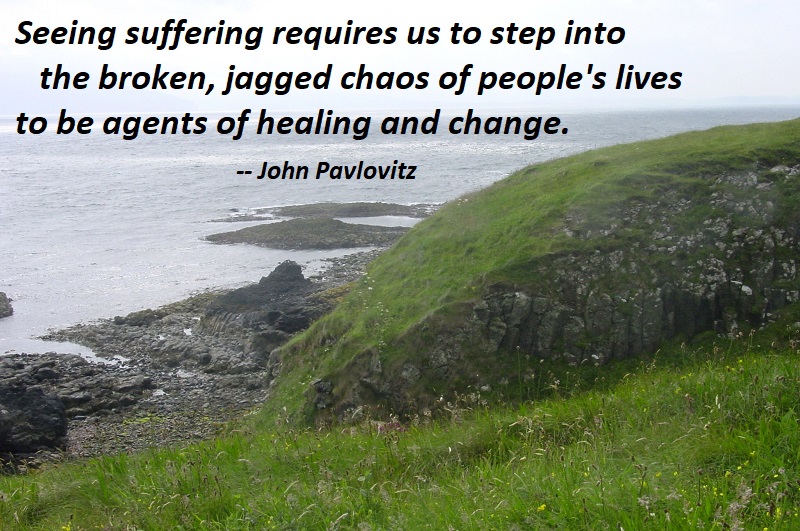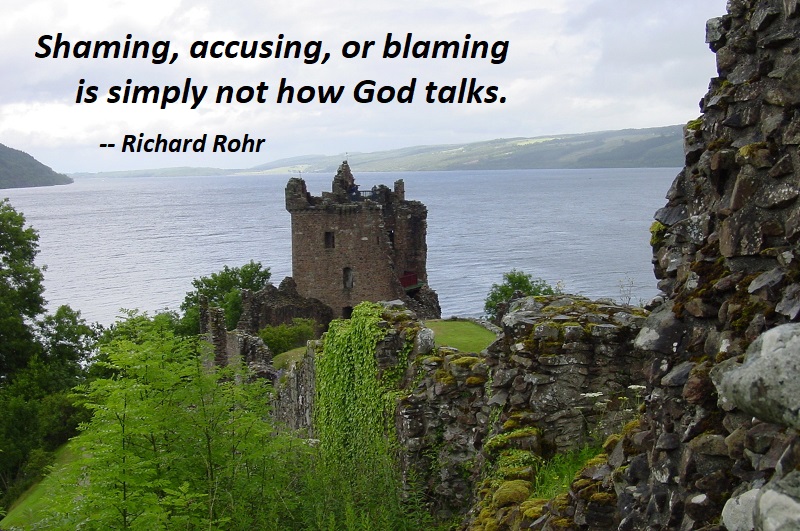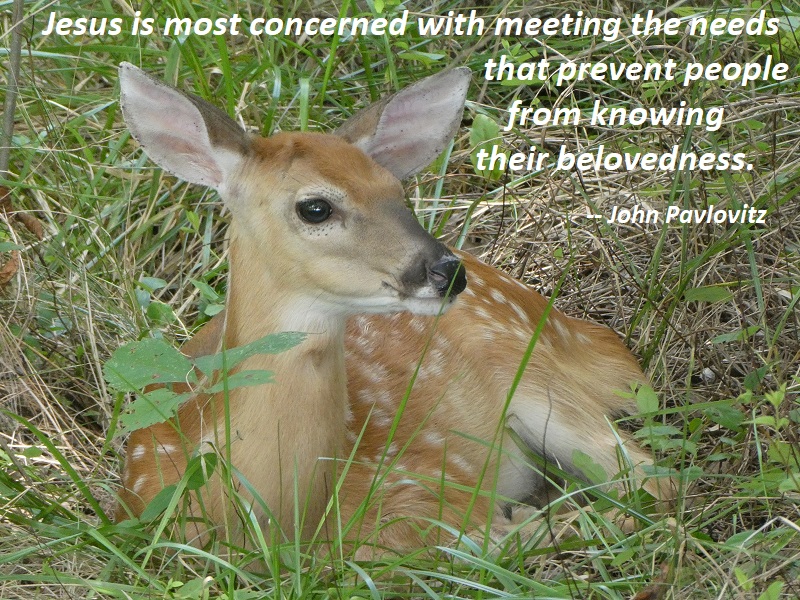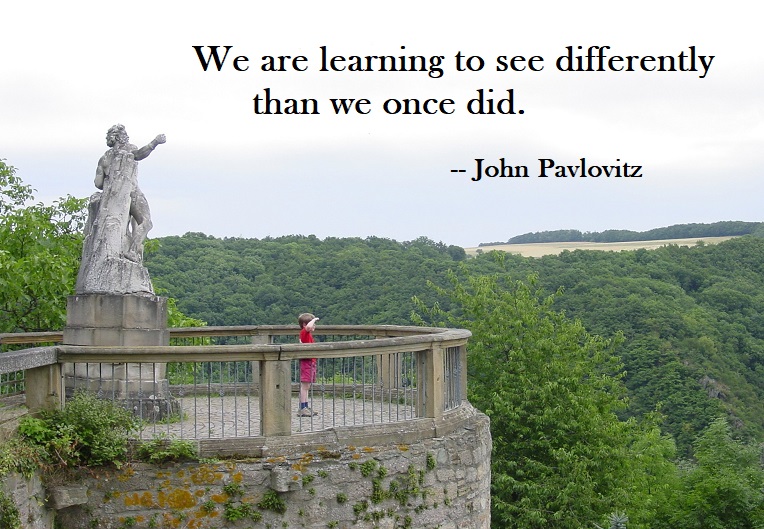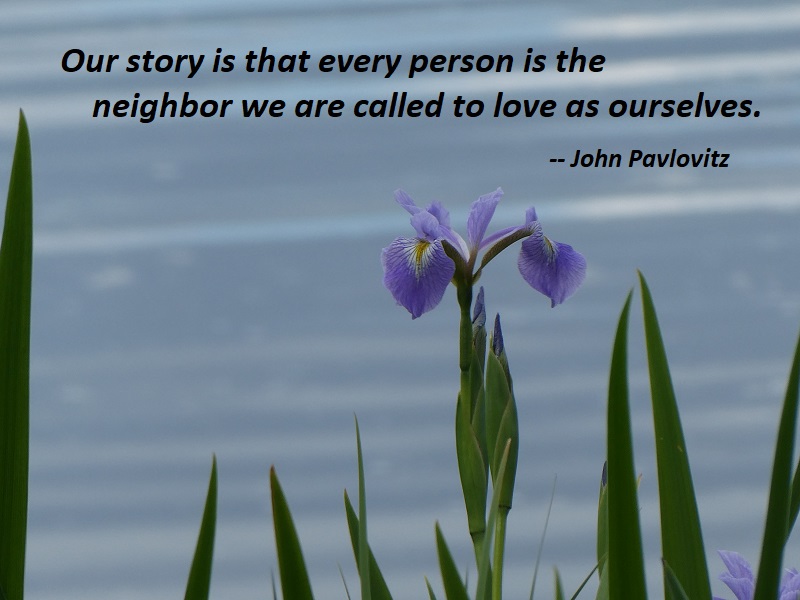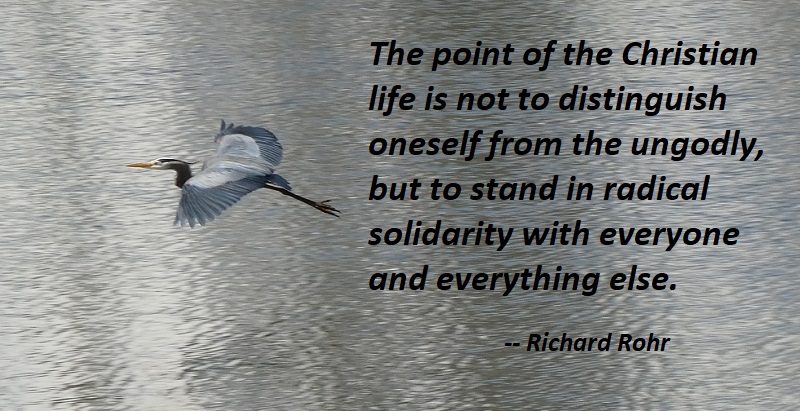Agents of Healing and Change
In this way, the spiritual eyes through which we see the world change everything. If our default lens is sin, we tend to look ahead to the afterlife, but if we focus on suffering, we’ll lean toward presently transforming the planet in real time — and we’ll create community accordingly. The former seeks to help people escape the encroaching moral decay by getting them into heaven; the latter takes seriously the prayer Jesus teaches his disciples, that they would make the kingdom come — that through lives resembling Christ and work that perpetuates his work, we would actually bring heaven down. Practically speaking, sin management seems easier because essentially all that is required of us is to preach, to call out people’s errors and invite them to repentance, and to feel we’ve been faithful. But seeing suffering requires us to step into the broken, jagged chaos of people’s lives to be agents of healing and change. It’s far more time consuming and much more difficult to do as a faith community. It is a lot easier to train preachers to lead people in a Sinner’s Prayer than it is to equip them to address the systematic injustices around them.
— John Pavlovitz, A Bigger Table, p. 125
Photo: Isle of Staffa, Scotland, July 13, 2003
